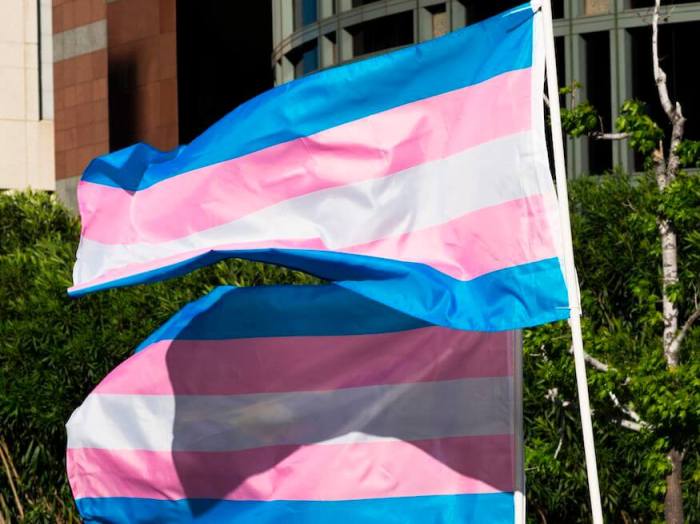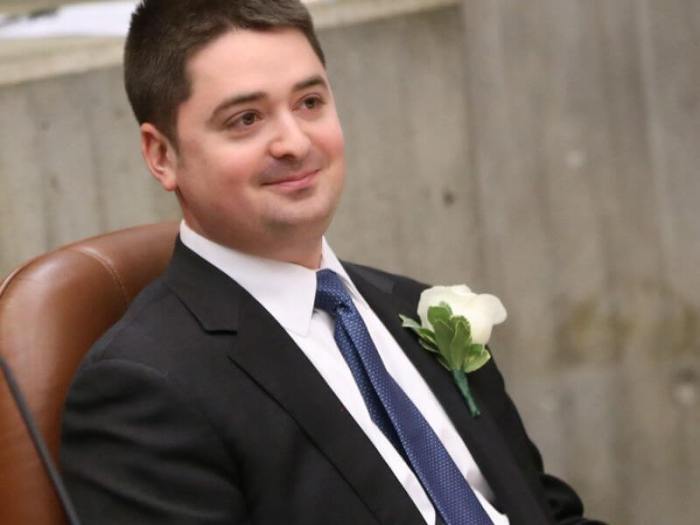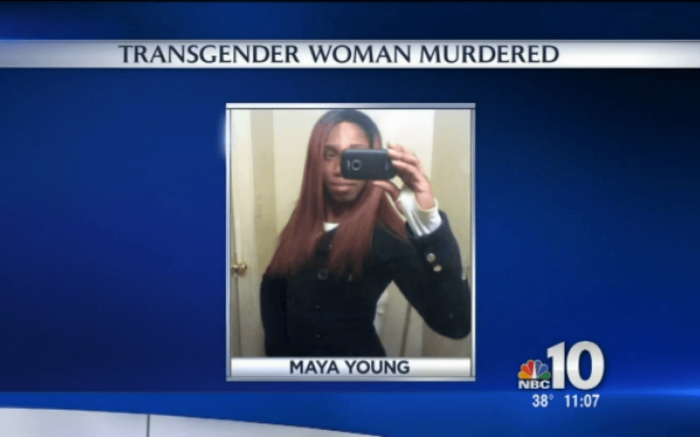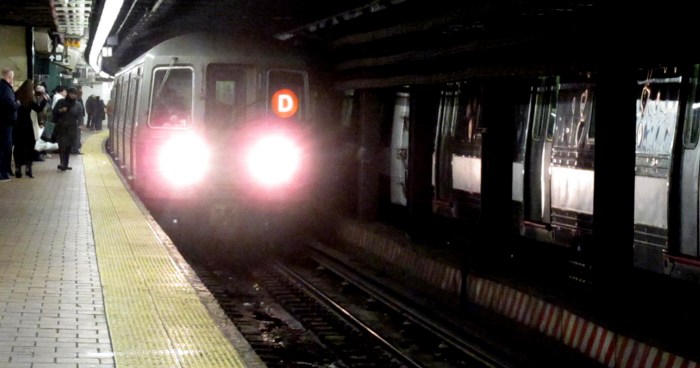It’s about being inclusive. It’s about creating a conversation. Most of all, it’s about telling stories. These are some of the most important aspects of theater according to Polly Carl, the co-creative director of ArtsEmerson and director of HowlRound. On Feb. 9, Carl joins Summer Williams, Ralph Pena, and Melinda Lopez at the public dialogue “Interrogating Whiteness Part II.” They’ll dive into questions about racial representation in theater and debate about controversial casting choices made on stage, like in Williams’ recent production of “An Octoroon,” playing through Feb. 27th.The panelists will speak about why certain casting choices are made and converse with the audience about how racial representation on stage is changing. The panelists are known for their desire to create an inclusive environment where all actors and stories are welcome. Pena works with the Ma-Yi Theatre Company on developing original plays written by Asian Americans while Lopez actively participates with the Cuban American community. Carl shares a preview of the event and discusses her thoughts on the future of theater.
What challenges are there in trying to increase racial equality in theater?
I think the challenges is that in many ways there’s been a sense of exclusivity. Throughout history, [theater has] been something that you get dressed up and go and only certain people feel as though it belongs to them. Part of the work of in general is figuring out how to create an invitation to make theater an inclusive form. The only way theater addresses [race, gender and gender identity, sexual orientation, etc.] is in the stories we tell. These stories are reflecting the culture, so they need to reflect the changing dynamic. What struggles are there in overcoming stereotypes in theater?
The biggest struggle is having people in positions of power and creativity who aren’t telling the whole story or only part of the story. Again, we need to make theater more inclusive, and with it, create authentic characters. Theater has to represent the widest range of what we think stories are. Why do you think it’s taken so long for the issue to be addressed?
I really feel, I think, we’re in a really kind of historic moment in our culture where we’re looking at the question as micro questions around race and representation. And we’re being held accountable in a way that hasn’t been possible before. Because of social media and the Internet, things that were done quietly before, people can’t do things quietly. [There are] so many things happening simultaneously, for example, Black Lives Matter. It’s no surprise that the theater is going to represent these things. How has being transgender influenced your experiences within theater?
In terms of a leadership role, I feel as though part of my responsibility in making work is to really think about these individuals. I’ve had very little opportunity in my career to see my character and my story on stage. And I feel the isolation of being transgender, so I want transgender individuals reflected on stage so they aren’t and don’t feel isolated. How can long-lasting progressive change be made?
The biggest thing is that the work of any civic institution has to be intentional. We need to figure out a way to have a deep conversation around the city and country. These changes happen with persistence. The event is Tuesday, Feb. 9, 2016 at 7 p.m. in the Jackie Liebergott Black Box at the Emerson/Paramount Center, located at 559 Washington Street in Boston’s historic theatre district. The event is open to the public and admission is free with RSVP by calling 617.824.8400 or online from ArtsEmerson.org here.
‘Interrogating Whiteness’ to discuss racial representation in theatre
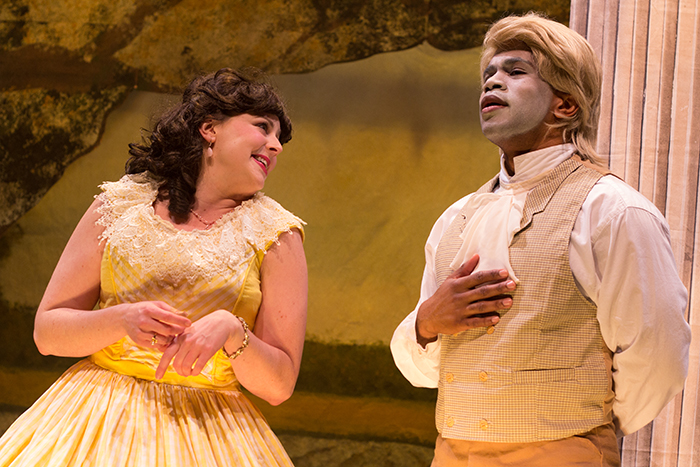
Paul Fox

